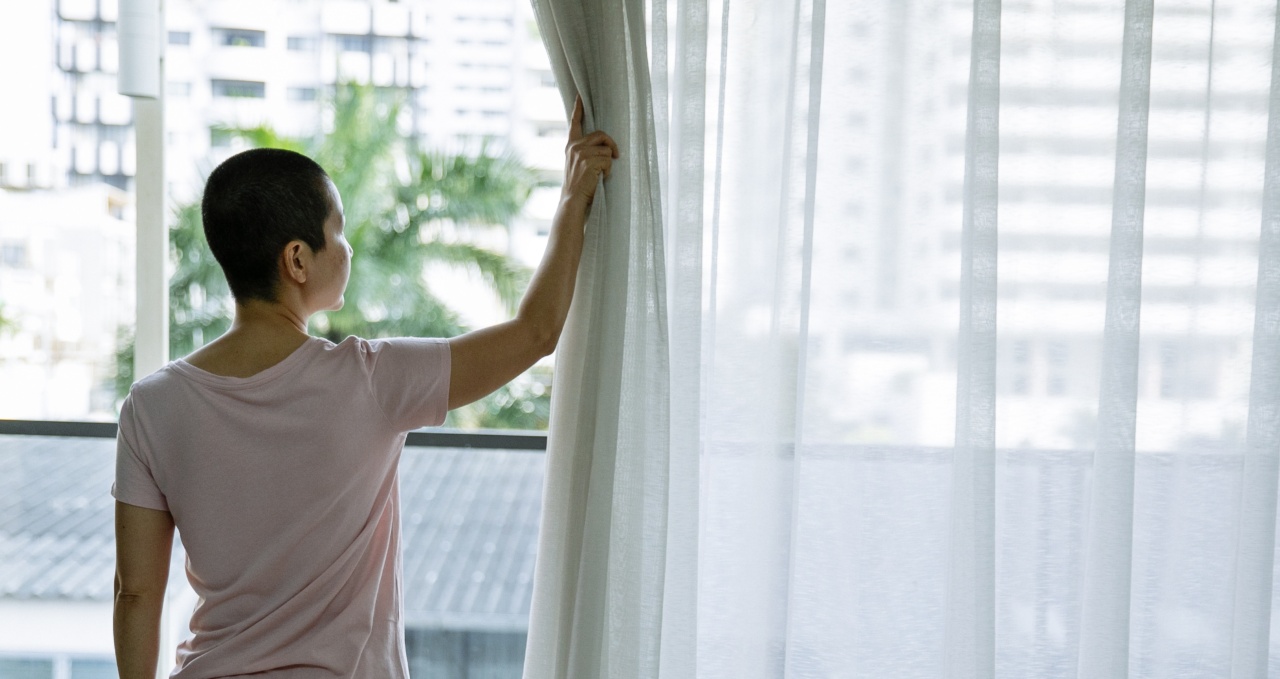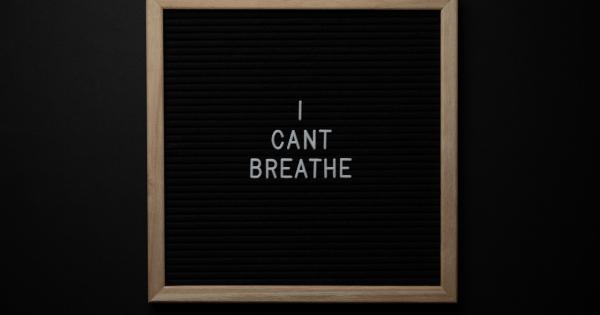Depression is a mental illness that affects many people around the world. It can cause feelings of sadness, hopelessness, and despair, as well as physical symptoms like fatigue, loss of appetite, and difficulty sleeping.
It is important to recognize the symptoms of depression so that it can be properly treated and managed. Here are some common signs and symptoms of depression:.
1. Feeling Sad or Hopeless
One of the most common symptoms of depression is feeling sad or hopeless. You may feel like there is no hope for your future, and that things will never get better. This feeling may last for weeks or even months.
2. Loss of Interest in Daily Activities
If you are no longer interested in activities that you used to enjoy, this may be a sign of depression.
You may find that you no longer want to spend time with friends or family, or that you don’t enjoy hobbies or interests that used to bring you joy.
3. Changes in Appetite
Depression can cause changes in your appetite that can lead to weight loss or gain. You may find that you have no appetite and have to force yourself to eat, or you may find that you are constantly hungry and overeating.
4. Difficulty Sleeping
Depression can also lead to difficulty sleeping. You may have trouble falling asleep or staying asleep throughout the night. Some people with depression may also experience insomnia, which is a chronic inability to sleep.
5. Fatigue and Low Energy
Feeling tired and low on energy is another symptom of depression. You may find that you are constantly exhausted, even after getting a good night’s sleep. This fatigue can make it difficult to get through your daily tasks and responsibilities.
6. Feelings of Guilt or Worthlessness
People with depression may also experience feelings of guilt or worthlessness. You may feel like you are to blame for your current situation, or that you are not good enough to succeed in life.
These feelings can be debilitating and can lead to low self-esteem.
7. Difficulty Concentrating or Making Decisions
If you find that you are having a hard time concentrating or making decisions, this may be a sign of depression. You may find that even simple tasks take a lot of effort and that it is hard to focus on anything for very long.
8. Physical Symptoms
Depression can also cause physical symptoms like headaches, muscle aches, and stomach problems. These symptoms may not be directly related to your mental state, but they can be a sign of depression.
9. Suicidal Thoughts or Behaviors
People with depression may also experience suicidal thoughts or behaviors. If you are feeling suicidal or have a plan to harm yourself, it is important to seek help immediately.
Suicide is a serious and potentially life-threatening issue that requires immediate attention.
10. Social Withdrawal
Finally, people with depression may withdraw from social situations and avoid contact with others. You may feel isolated and alone, even if you have a supportive network of friends and family members.
Conclusion
If you are experiencing any of the symptoms of depression, it is important to seek help. Depression is a treatable illness, and with the right support and treatment, you can manage your symptoms and improve your quality of life.


























